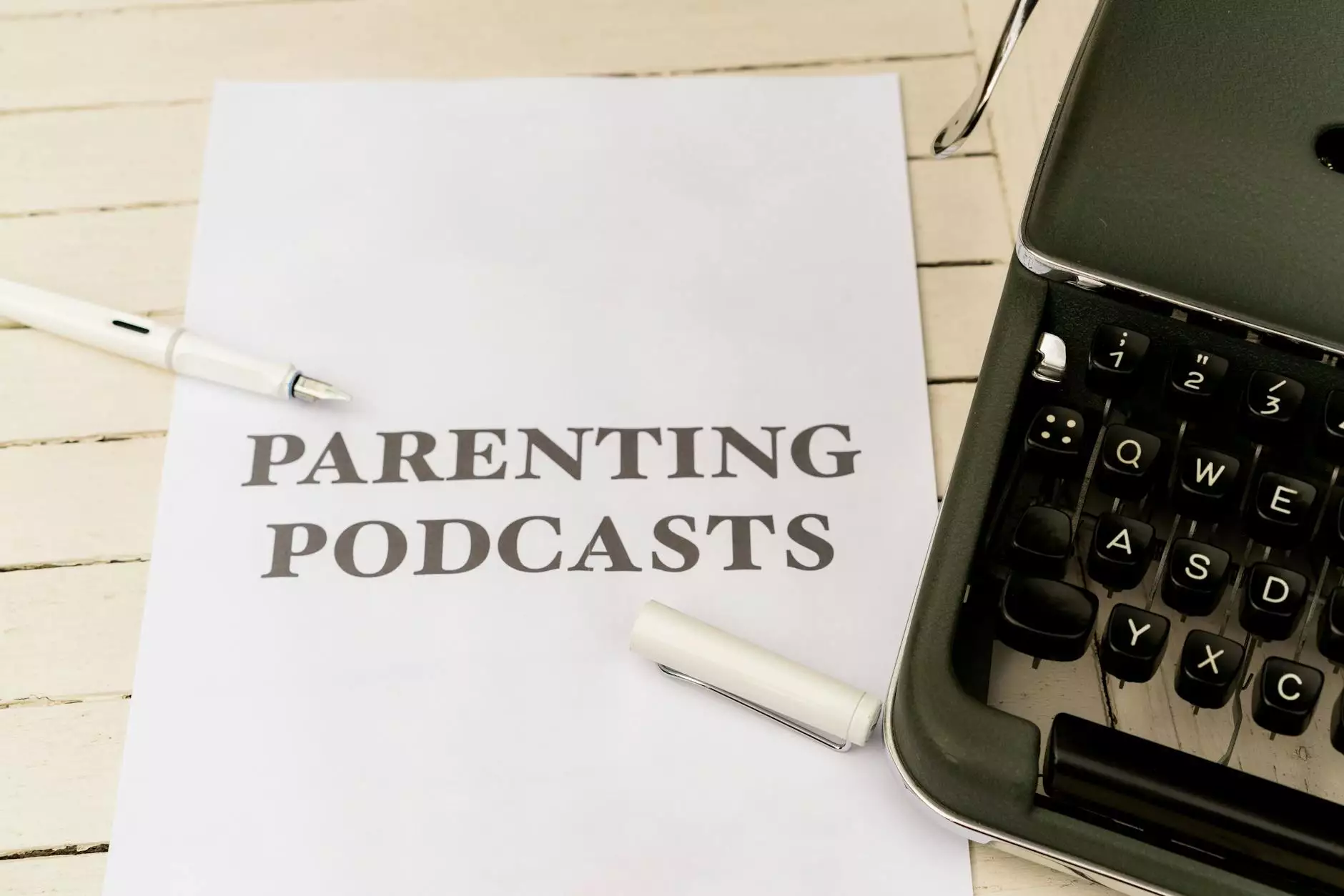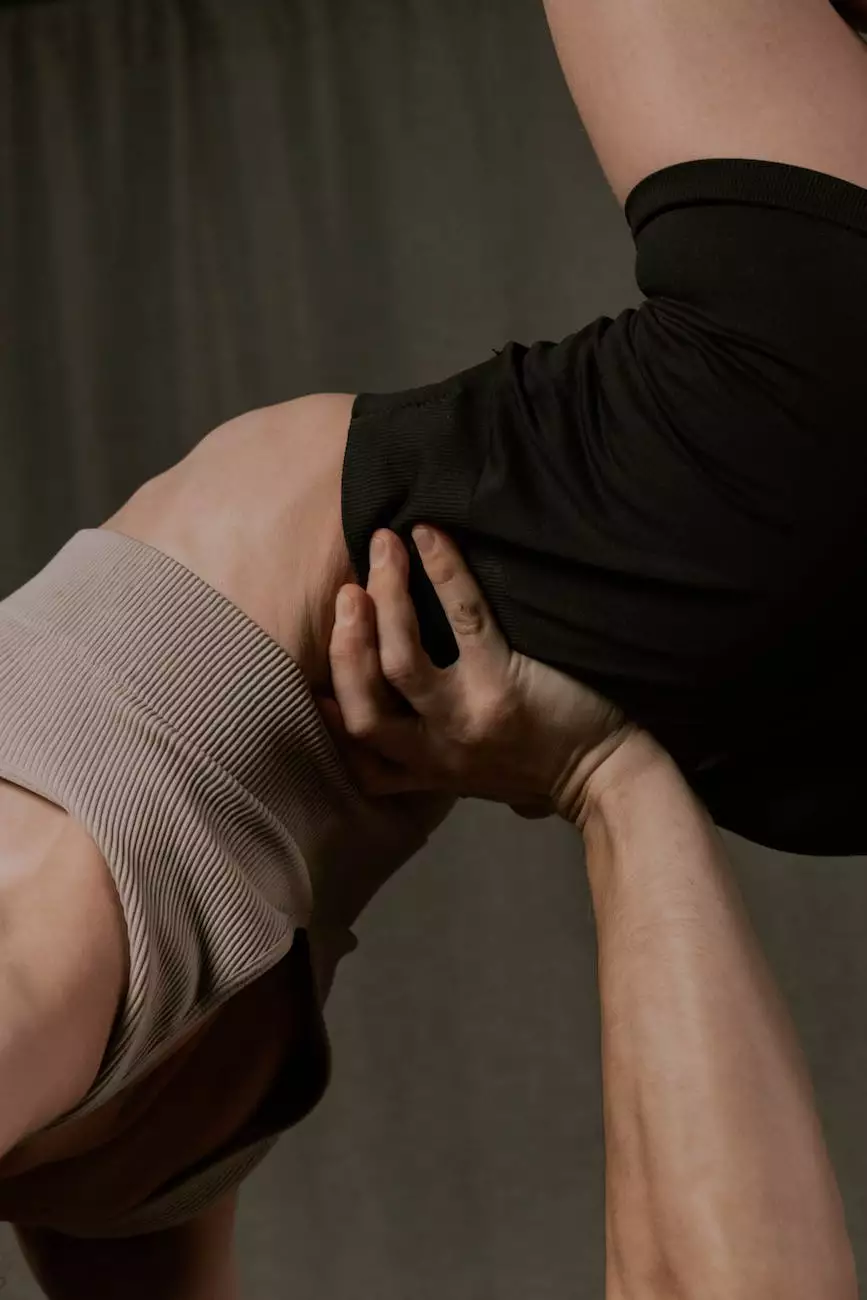Passive-aggressive, Passive or Aggressive? - NYC
Anger Management
Welcome to the comprehensive guide on understanding and addressing passive-aggressive behavior provided by Alison K Bowles, Ma, Lmhc - a highly reputable mental health practitioner based in NYC.
The Dynamics of Passive-Aggression
Passive-aggressive behavior is characterized by an indirect expression of hostility or anger towards others. Individuals exhibiting passive-aggressive tendencies often struggle to openly communicate their feelings and resort to subtle, non-confrontational strategies to express their dissatisfaction.
Despite its name, passive-aggressive behavior encompasses both passivity and aggression. It combines elements of both behaviors, making it a challenging pattern to recognize and deal with. At Alison K Bowles, Ma, Lmhc, we understand the complexities of passive-aggression and offer effective anger treatment strategies tailored to your specific needs.
Identifying Passive-Aggressive Behavior
Passive-aggressive behavior can manifest in various ways, and recognizing its signs is essential for personal growth and healthier relationships. Some common signs of passive-aggression include:
- Procrastination and intentionally delaying tasks
- Sulking or giving the silent treatment
- Expressing sarcasm and backhanded compliments
- Being overly critical or judgmental
- Resisting and undermining authority
Understanding and acknowledging your own passive-aggressive tendencies is the first step towards positive change. Alison K Bowles, Ma, Lmhc can provide the necessary support and guidance to help you overcome these behavioral patterns and enhance your emotional well-being.
The Impact of Passive-Aggressive Behavior
Passive-aggressive behavior can have detrimental effects on personal relationships, work environments, and overall mental health. The indirect nature of this behavior often leads to misunderstandings, unresolved conflicts, and damaged trust.
At Alison K Bowles, Ma, Lmhc, we emphasize the importance of addressing passive-aggression to improve your quality of life. Our anger treatment strategies aim to help you develop healthier coping mechanisms and enhance your communication skills, ensuring healthier interactions and more fulfilling connections with others.
Addressing Passive-Aggressive Tendencies
Overcoming passive-aggressive tendencies requires a dedicated approach towards self-awareness and personal growth. Alison K Bowles, Ma, Lmhc offers evidence-based strategies and therapeutic interventions to help you address and manage your passive-aggressive behavior effectively.
Individual Therapy
In individual therapy sessions, Alison K Bowles, Ma, Lmhc will work closely with you to explore the underlying causes and triggers of your passive-aggressive tendencies. By identifying the root of the behavior, you can gain a deeper understanding of your emotional responses and develop strategies to express yourself more assertively.
Communication Skills Training
Effective communication is key to resolving conflicts and building healthy relationships. Through communication skills training, you will learn how to express your emotions constructively and assertively, reducing the need for passive-aggressive behaviors.
Anger Management Techniques
Anger management techniques play a vital role in managing passive-aggressive tendencies. Alison K Bowles, Ma, Lmhc will guide you in developing healthy coping mechanisms to handle anger and frustration, helping you redirect your energy towards positive outcomes.
Take Control of Your Behavior Today
Don't let passive-aggressive tendencies negatively impact your life any longer. Take the first step towards change and reach out to Alison K Bowles, Ma, Lmhc, a leading expert in anger treatment and mental health in NYC.
By addressing your passive-aggressive behavior, you can improve your relationships, enhance your emotional well-being, and create a more fulfilling future. Contact Alison K Bowles, Ma, Lmhc today to schedule a consultation and embark on your journey towards personal growth and healthier communication.




